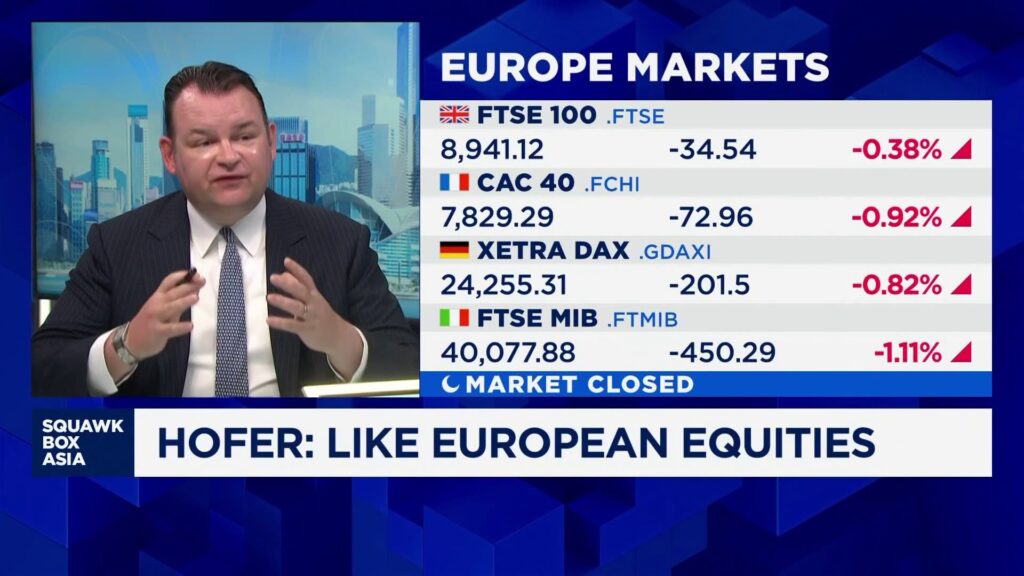
Stefan Hofer, a strategist at LGT Private Banking APAC, has highlighted a pressing issue facing Europe: stagnant labor productivity growth. In a recent discussion, Hofer emphasized the urgency for European leaders to address this structural challenge, which poses significant risks to the region’s economic vitality.
Hofer pointed out that Europe’s productivity has not kept pace with global standards, creating a competitive disadvantage. According to LGT analyses, this stagnation has persisted for several years, with productivity growth rates struggling to exceed 1% annually since 2010. This trend raises concerns about the long-term sustainability of the European economy.
Challenges in Global Relations
In addition to productivity issues, Hofer expressed concerns regarding Europe’s relationships with major world powers, particularly the United States and China. The ongoing geopolitical tensions and trade disputes are complicating Europe’s position on the global stage. Hofer stated that the continent must navigate these complex dynamics to maintain its economic stability.
The strategist pointed out that Europe’s reliance on external markets for trade is critical. With the European Union being one of the largest trading blocs, any disruption in trade relations could have significant repercussions for its economy. The need for cohesive policies that strengthen ties with both the US and China is increasingly urgent, especially in light of ongoing tensions.
Strategic Recommendations for Improvement
To counteract the challenges posed by stagnant productivity and strained international relations, Hofer recommended several strategic actions. He urged European leaders to invest in innovation and technology, which are vital for enhancing productivity levels.
Additionally, fostering an environment that encourages entrepreneurship and supports small and medium-sized enterprises (SMEs) could stimulate growth. According to LGT data, SMEs account for approximately 99% of all businesses in the EU, making them crucial for job creation and economic resilience.
Hofer also emphasized the need for reforms in labor markets and education systems. By aligning skills development with market demands, Europe can better prepare its workforce for future challenges. This, in turn, would contribute to higher productivity levels and economic growth.
Europe stands at a crossroads. Addressing these structural challenges is not only vital for economic recovery but also for securing its place in the global economy. As Stefan Hofer aptly noted, the time for decisive action is now.







